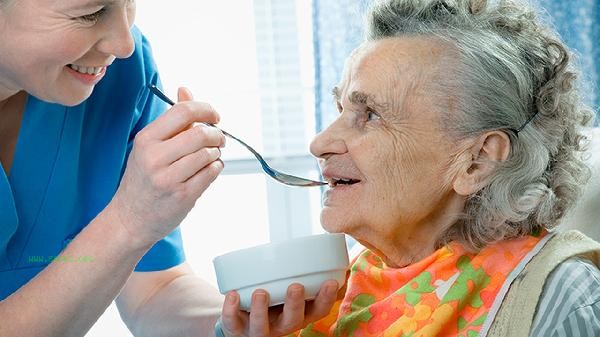Amoxicillin capsules can be used under the guidance of a doctor for the treatment of bacterial orchitis, but only in cases caused by sensitive bacterial infections. It is recommended to use targeted drugs and treatment plans after identifying the cause. The causes of orchitis may include infection, trauma, abnormal immune response, etc., and appropriate treatment methods need to be selected according to the specific situation.

1. Common causes of orchitis
1. Bacterial infection: Bacterial orchitis is often caused by retrograde bacterial infections, such as Escherichia coli, Staphylococcus aureus, Streptococcus, etc. Especially in males infected with urinary tract diseases or prostatitis, bacteria may spread to the testicles through the bloodstream or vas deferens, leading to inflammation.
2 viral infection: Mumps virus can cause viral orchitis, which is more common in adolescents and young adults.
3 traumatic factors: Testicular trauma may cause local bleeding and congestion, leading to secondary inflammation.
4 Immune abnormalities: Certain autoimmune reactions may cause non infectious orchitis, which usually requires treatment with immunosuppressive therapy.
2. The role of amoxicillin capsules in the treatment of orchitis
Amoxicillin is a broad-spectrum antibiotic, suitable for infectious diseases caused by sensitive bacteria. For bacterial orchitis, amoxicillin is effective against most Gram positive bacteria and some Gram negative bacteria, and can be used after identifying the type of infected bacteria. In the treatment of orchitis, doctors may combine amoxicillin with other antibiotics such as clavulanic acid or drugs more suitable for urinary system infections such as quinolones. Amoxicillin is ineffective against viral orchitis and has no therapeutic effect on non infectious orchitis. Therefore, self medication is not recommended to avoid delaying the condition.

3. Other treatment options for orchitis
1. Drug therapy:
In addition to amoxicillin, doctors may prescribe quinolone drugs such as levofloxacin and cephalosporin drugs such as ceftriaxone to treat bacterial infection related diseases. Viral orchitis may be treated with antiviral drugs.
2 Physical therapy: Local hot or cold compress may relieve pain and swelling, but it is necessary to consult a professional doctor first to determine if this method is suitable for use.
3 Surgical treatment: For patients with recurrent episodes or complications such as testicular abscess, surgical drainage or removal of diseased tissue may be considered.
4. Daily precautions and dietary recommendations
During treatment, patients should rest more in bed, avoid excessive fatigue or vigorous exercise, and reduce pressure on the testicles. In terms of diet, eat more foods rich in vitamins and proteins, such as fresh fruits and vegetables, lean meat, fish, etc., and avoid spicy and stimulating diets to avoid exacerbating inflammatory reactions. When there are inflammatory symptoms such as pain and swelling in the testicles, it is important to seek medical attention promptly to determine the cause and avoid self medication. Choosing an appropriate treatment plan based on the patient's condition can help alleviate symptoms more quickly and avoid the occurrence of subsequent complications.





Comments (0)
Leave a Comment
No comments yet
Be the first to share your thoughts!